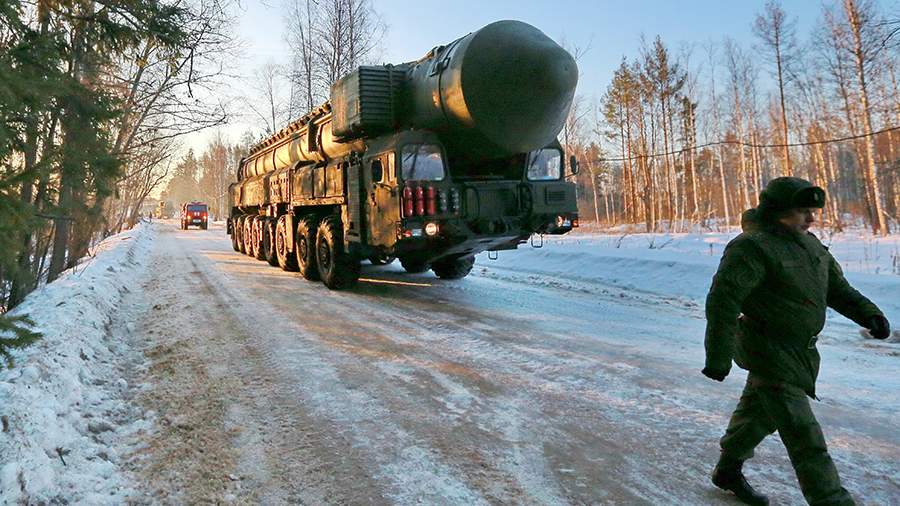Shoigu says Russia's nuclear umbrella extends to CSTO countries

Russia's "nuclear umbrella" under the updated nuclear doctrine applies primarily to the countries of the Collective Security Treaty Organization (CSTO). This was stated by Russian Security Council Secretary Sergei Shoigu on November 28 on the sidelines of a joint meeting of the Council of Foreign Ministers, the Council of Defense Ministers and the CSTO Committee of Secretaries in Astana.
He said the new Russian doctrine is "clear and transparent."
"We have, in my opinion, laid out everything there clearly and understandably. That is why colleagues, especially Western colleagues, have a request and a suggestion - to read it calmly, carefully, not to pull out pieces and not to invent something unnecessary," Shoigu said.
The Secretary of the Security Council indicated that the updated doctrine primarily provides for the defense of the CSTO countries.
"Naturally, it is primarily about the CSTO countries. There is a separate addition, quite important, in my opinion, it concerns Belarus," he said.
Shoigu explained that the doctrine now spells out the criteria for the use of nuclear weapons when Belarus is attacked by conventional weapons and when the very existence of the country is threatened.
Earlier, on November 25, former German Chancellor Angela Merkel called Russia's nuclear potential frightening. She also called on Western countries to do everything possible to prevent a nuclear conflict.
Russian President Vladimir Putin approved an updated nuclear doctrine on November 19. It includes the amendments announced in September. In particular, for the first time a definition of a potential adversary against whom Russia is conducting nuclear deterrence is introduced.
Kremlin spokesman Dmitry Peskov specified that the measure brings the norms in this area in line with the current situation. Russian Foreign Minister Sergey Lavrov also noted that Russia is strictly committed to the position of preventing nuclear war and defends a world in which nuclear weapons should never be used.
At the same time, Russian Foreign Intelligence Service Director Sergei Naryshkin said on November 20 that the West was wary of Putin's decision to adjust the state's nuclear doctrine. According to him, Western countries realize that the adjustments largely devalue the efforts of the United States and NATO, which are trying to inflict a "strategic defeat" on Russia.
Переведено сервисом «Яндекс Переводчик»

